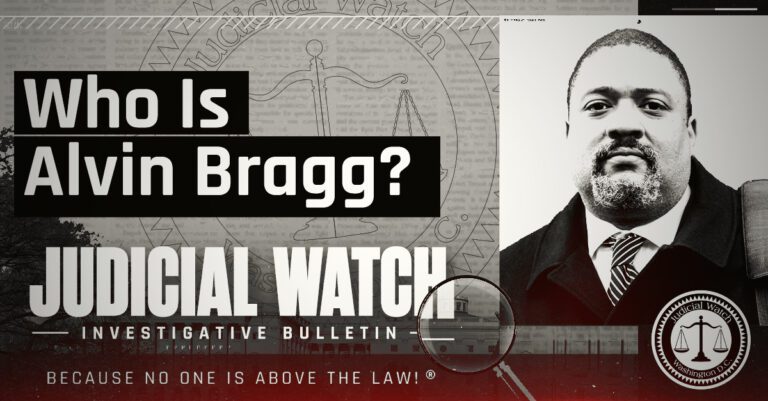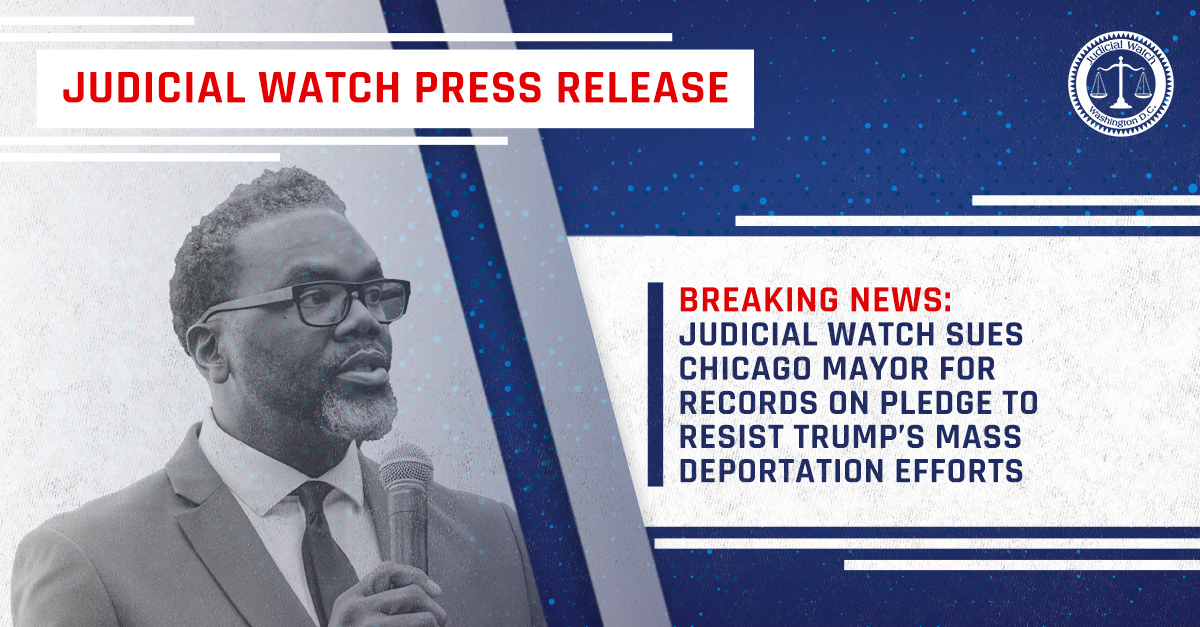

Who Is Alvin Bragg?


Manhattan District Attorney Alvin Bragg last week rocketed to global celebrity with his indictment of former president Donald Trump on charges related to a 2016 hush money payment. Trump’s lawyers immediately fired back. “He did not commit any crime,” the attorneys said. “We will vigorously fight this political prosecution in court.”
And so the stage is set for what will certainly be one of the biggest legal battles of 2023 and what legions of pundits are calling a historic case—the first indictment of a former president on criminal charges. Time will tell if the Trump case will end with a bang or slink off with a whimper—the actual charges have yet to be unsealed and the guesswork by the punditocracy indicates there might be slim jurisdictional and evidentiary grounds for the case, leading a judge to throw it out—but Alvin Bragg is not unprepared to do battle.
Bragg has been keeping a low profile since news emerged of the Trump indictment, cultivating a public image of a low-key, nose-to-the-grindstone prosecutor. His record paints another story. A Heritage Foundation study labeled him a “rogue prosecutor” with “dangerous” policies. His anti-Trump bias is extreme. He has proudly noted that “I’ve sued Trump more than a hundred times,” adding “I can’t change that fact, nor would I. That was important work.”
A son of Harlem and graduate of Harvard College and Harvard Law School, Bragg has deep roots in New York progressive politics and plenty of experience in Trump-related prosecutions. With early tours of duty at the Office of Attorney General of the State of New York, the New York City Council as chief of litigation, and the Southern District of New York as a federal prosecutor, Bragg in 2017 was appointed Chief Deputy Attorney General of New York. From there, he helped lead a lawsuit against the Trump Foundation that resulted in its closure and a $2 million fine.
Bragg ran for New York County DA in 2021 in a crowded primary field. He received a significant boost from George Soros and the political arm of Color of Change, an activist group supporting the progressive prosecutor movement. In May 2021, Color of Change endorsed Bragg and declared it would spend $1 million to support him—a game changer in the primary. A few days later, in an unmistakable signal of support, Soros donated $1 million to Color of Change.
Bragg came out on top in the primary and wiped out his Republican opponent in overwhelmingly liberal Manhattan. He was sworn in on January 1, 2022. In a nod to his progressive prosecutor constituency, Bragg appointed Meg Reiss to the powerful position of chief assistant district attorney, the number two post at the DA’s office. Reiss had held the title “Chief of Social Justice” in her previous job at the Brooklyn DA’s office.
Bragg and Reiss immediately ran into trouble. Bragg’s “Day One” memo to staff, quickly leaked to the press, was straight from the progressive prosecutor playbook. Bragg announced that he would seek to reduce pre-trial incarceration and not prosecute (or seek lower-level charges for) such crimes as fare evasion, resisting arrest, burglary, store robbery, prostitution, and marijuana. The memo was met with a storm of protest, including from some of his Democratic Party allies. By the end of the month, Bragg backtracked, dropping some of the policies aimed at violent crime but keeping parts of the Day One framework in place.
As Manhattan DA, Bragg’s pursuit of Trump continued, but not without setbacks. In February 2022, two high-level prosecutors in the DA’s office, brought in by Bragg’s predecessor Cyrus Vance Jr. specifically to investigate Trump-related matters, abruptly resigned. According to news reports, the prosecutors—Mark Pomerantz and Carey Dunne—were focused on a possible prosecution of Trump related to inflated assets, real-estate evaluations, and bank loans. Bragg was said to have grown uneasy with the case. In his letter of resignation, Pomerantz criticized Bragg for his “decision not to go forward with the grand jury presentation and not to seek criminal charges at the present time.”
Bragg persisted on other fronts, and in August he secured the conviction of the Trump Organization’s chief financial officer, Allan Weisselberg, on charges of tax fraud and falsifying business records.
In December, Bragg convicted the Trump Organization on charges related to off-the-books pay to Weisselberg and others. The charges included tax fraud and falsifying business records—a hint of what might be coming in the hush money prosecution. Trump himself was not charged in the case. A lawyer for the Trump Organization said it will “certainly” appeal the conviction.
Bragg is also in pursuit of Trump ally Steve Bannon. In September, Bragg charged Bannon with fraud and money laundering in a scheme centered around fundraising to build a wall on the southern border. A trial date has been set for November. Bannon pleaded not guilty to all charges.
The view from here: Bragg is no kamikaze. The Pomerantz-Dunne episode and the Day One Memo debacle show a willingness to cut losses when the going goes bad. But it’s also clear that the DA sees the relentless pursuit of Trump to be a winner with the only political constituency that matters to him: liberal Manhattan voters. He’ll play the case aggressively to the end, convinced it is a winner for him on his home turf, no matter what the outcome.
***
Micah Morrison is chief investigative reporter for Judicial Watch. Follow Micah on Twitter @micah_morrison. Tips: [email protected]
Investigative Bulletin is published by Judicial Watch. Reprints and media inquiries: [email protected]















